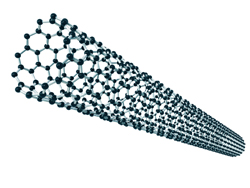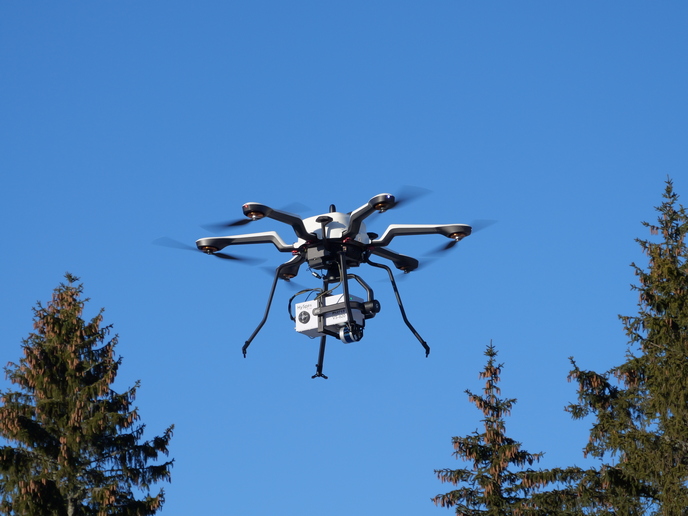A new generation of gas sensors
Nanotechnology and specifically carbon nanotubes (CNTs) have proven instrumental in detecting chemicals and biochemicals in the atmosphere, making them a valuable component of environmental sensors. While these sensors can be very useful in ecology, healthcare, the automotive industry and home use, their full potential yet to be realised. The EU-funded project 'Integrated self-adjusting nano-electronic sensors' (SANES) worked on developing a more advanced, more versatile and more precise nano-electronic sensor device. The SANES concept is capable of self-adjusting and reconfiguring itself to read the environment effectively and precisely. SANES produced a sensor device with superior multiplexing ability that reacts to changes and tunes individual sensor elements so that its chemical selectivity remains high. For example, it is able to measure several different environmental aspects or properties simultaneously. Technology breakthroughs were made using the concept of fluctuation enhanced sensing (FES), as well as the Oulu sensor chip design, which uses four independent sensors that are all software-switchable. The project delivered a prototype sensor that surpassed expectations and yielded outstanding gas selectivity, differentiating among 16 different gasses and very low concentrations. This represented the first mass-producible device that uses single nanotubes as sensing elements. This technology comes as a great improvement over current semiconductor sensors that measure single properties. The SANES project consortium has envisioned targeting niche markets to exploit the technology, specifically those that demand high selectivity, sensor versatility and dynamic sensor reconfiguration possibilities. Industries, businesses, vehicles, appliances and homes can benefit tremendously from the added safety and security that these new sensors may bring.







